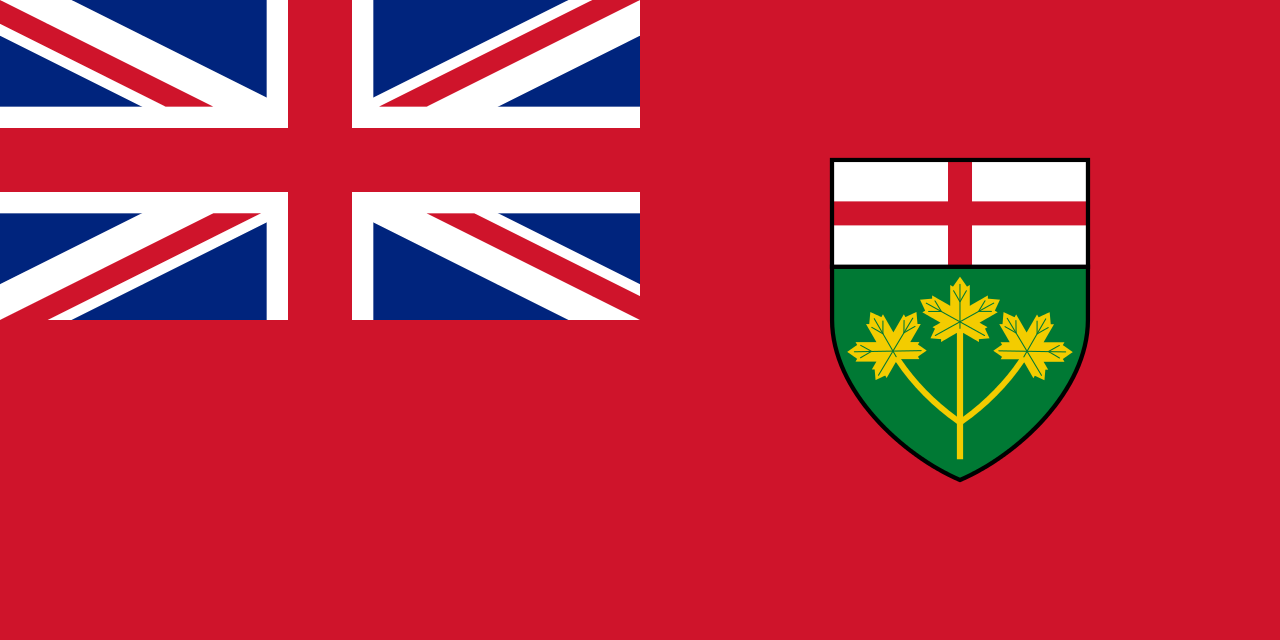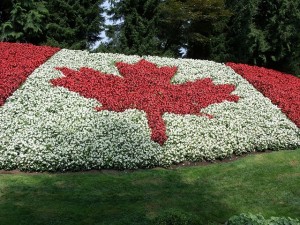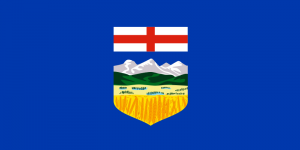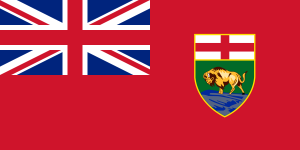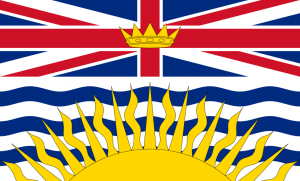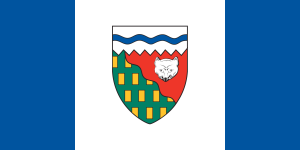Last updated on December 1, 2021
Ontario has specific privacy legislation for organizations operating in the public sector, but unlike British Columbia, Alberta, and Quebec, has no specific privacy legislation for organizations operating in the private sector. Instead, the Personal Information Protection and Electronic Documents Act (PIPEDA) applies to the private sector.
Ontario has specific privacy legislation for health service providers, just like Alberta, Saskatchewan, and Manitoba.
The Information and Privacy Commissioner of Ontario enforces FIPPA, MFIPPA, and PHIPA. The Information and Privacy Commissioner is Brian Beamish.
Public Sector Legislation
Ontario has two statutes for public sector privacy legislation: the Freedom of Information and Protection of Privacy Act (FIPPA) and the Municipal Freedom of Information and Protection of Privacy Act (MFIPPA).
For example, FIPPA will apply to:
- Provincial ministries and agencies,
- boards and commissions,
- community colleges, universities, and
- Local Health Integration Networks (LHINs).
Among local government organizations, MFIPPA will also apply to various boards in Ontario, such as:
- School boards, municipal service boards, city boards,
- public library boards, boards of health, police services boards,
- district social services administration boards, local services boards, planning boards, local roads boards
Health Specific Legislation
Ontario’s health specific privacy legislation is the Personal Health Information Protection Act (PHIPA), and has deemed to be substantially similar to Canada’s federal privacy legislation, the Personal Information Protection and Electronic Documents Act (PIPEDA) in regards to health care.
For example, PHIPA will apply to “health information custodians.” These are defined to be:
- Community service providers (as per the Home Care and Community Services Act),
- health care practitioners (incl. those registered under the Regulated Health Professions Act),
- registered social workers and social service workers,
- unregistered health care practitioners and unregistered persons operating a group health care practice,
- naturopaths, community care access centres (CCACss), and
- most health facilities including public hospitals, long term care facilities, ambulance, laboratories, ambulance services and community health centres.
